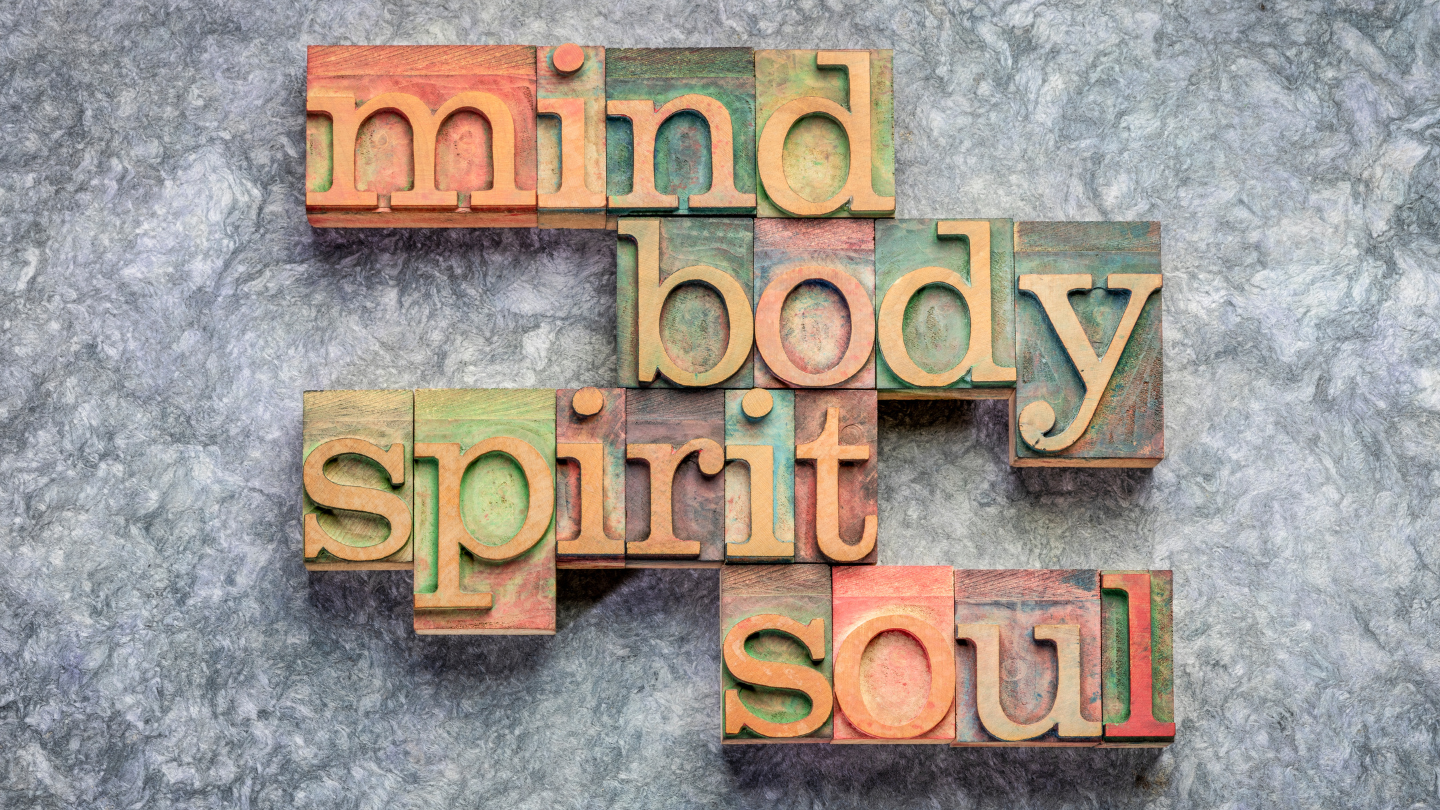Sometimes, I make up words. Do you ever do that? Occasionally, no word already in usage satisfactorily captures what you want to get across. So, you just make one up. I get it.
In a session earlier this year, I told my counselor that I want to help local church leaders live “soulistically.” You’re probably familiar with the terms “holistic” and “holistically.” The idea is that we emphasize or study a person’s whole being. We are becoming more aware that it is not just the physical systems that impact our health but the mental, emotional, and social dimensions as well. But what is often missing in those definitions is the spiritual aspect of our personhood, which is a tragic oversight of our most valuable possession.
If somebody asked, “What is the most valuable possession that you own?” what would you say?
We all have some object, some prized possession, that we deem most valuable, especially dear, and irreplaceable to us. What is that?
One of the ways to know is that we go a little ballistic if it gets damaged, threatened, or put at risk. I’m not a “car guy.” In fact, the older I get, the more I’m in favor of buying older model cars that have several thousand miles and driving them until they are well past their prime. When I was younger, I changed cars like the Chicago Bears change quarterbacks. I have no sentimental attachment to a vehicle. But some people do.
I once had an uncle who had a 1954 Ford something. It was pearl white with light blue trim, and it was the prettiest car I had ever seen. He kept it covered with a special cloth and locked away in his garage. At family gatherings that were occasionally held at his house, he would let me and my cousins peek into his sacred garage and see this prized possession. I felt like the Jewish high priest entering the holy of holies once a year. We dared not touch the car lest we die. There is a rumor in my family that the Ford Motor Company once offered my uncle a new Ford vehicle of his choice and some cash in exchange for that car, but my uncle declined their offer. That uncle lived to be 96. He just died in the last few years. His prized car stayed in that garage and rusted and deteriorated over time, like my uncle.
I don’t know what it is for you that you would value like my uncle valued that car—it might be a house, a job, a relationship, a collectible item—but everybody’s got something they treasure.
Jesus gave many warnings about prizing or treasuring the wrong things, such as…
- Don’t store up treasures for yourselves on earth
- A person’s life does not consist of the abundance of his possessions
- No one can serve two masters.
But perhaps Jesus’ most famous warning on this subject is stated like this: For what shall it profit a man if he shall gain the whole world and lose his own soul? Or what shall a man give in exchange for his soul? Mark 8:36-37 KJV
Jesus says we all have something called a soul, and if someone offered you all the money in the world in exchange for your one and only soul, Jesus is saying it would be the worst transaction you could ever be a part of if you took that deal. That’s why Dallas Willard wrote, “If your soul is healthy, no external circumstance can destroy your life. If your soul is unhealthy, no external circumstance can redeem your life.”
So, to live “soulistically” is to give thoughtful and deliberate attention to the physical, mental, emotional, social, and spiritual realities and resources that affect us flourishing as leaders. One of the main things we do at D Vaughan Consulting is help leaders pay thoughtful and deliberate attention to the most prized possession they have—their soul—while at the same time helping them flourish in their role as a leader.
That’s why we developed Role & Soul Cohorts. To learn more about our Role & Soul Cohorts or to speak with us about how we can help your church and leaders work right, reach out to us.

